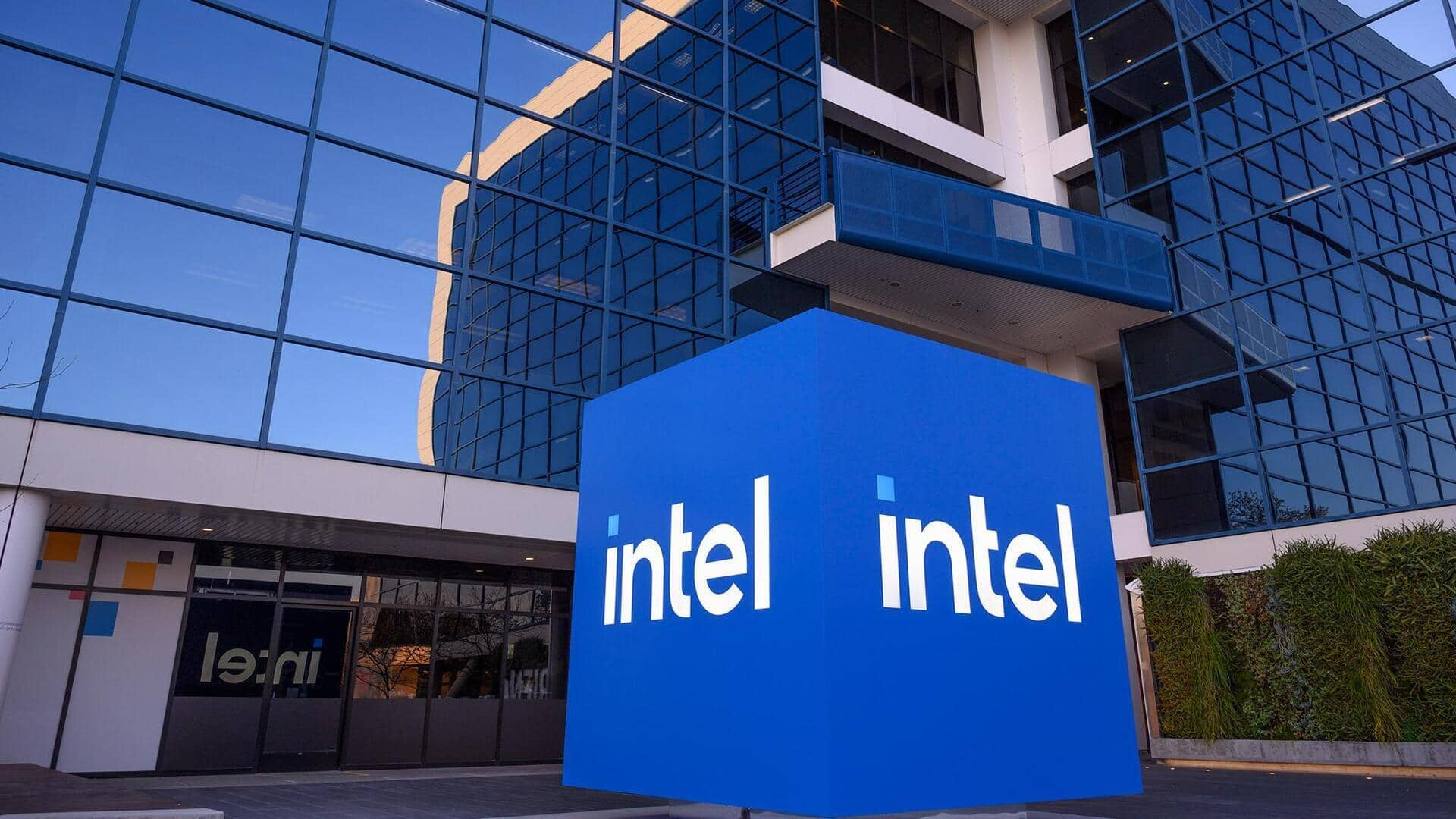
US relaxes CHIPS Act requirements for Intel
What's the story
The US government has relaxed the CHIPS Act requirements for Intel, following its acquisition of a 10% stake in the company. The move comes after President Donald Trump and Intel CEO Lip-Bu Tan. Under the new terms, instead of having to meet stringent milestones and share project cash flows with the Commerce Department, Intel now only needs to show that it has spent around $7.9 billion on agreed projects.
Investment details
US to invest $8.9 billion in Intel's common stock
The US government has confirmed its plan to invest $8.9 billion in Intel's common stock. This investment will be split into two parts: the first is a $5.7 billion allocation from the CHIPS Act, while the second is an additional $3.2 billion from the Secure Enclave program. The move shows Washington's commitment to bolstering domestic semiconductor production amid rising tech competition with China.
Policy changes
Restrictions on federal money usage remain
Despite the relaxed rules, there are still restrictions on using federal money for dividends or share buybacks. However, most other workflow and compliance requirements have been simplified. The changes are aimed at accelerating the growth of domestic chip manufacturing capabilities in light of growing competition.
Financial backing
Total US support for Intel reaches $11.1 billion
Intel CFO David Zinser has confirmed that the total US support for the company now stands at $11.1 billion when all forms of assistance are considered. This includes the $5.7 billion received from Washington and an additional $2.2 billion in previous CHIPS Act grants, making a significant contribution to Intel's financial stability and its role in America's semiconductor ambitions.